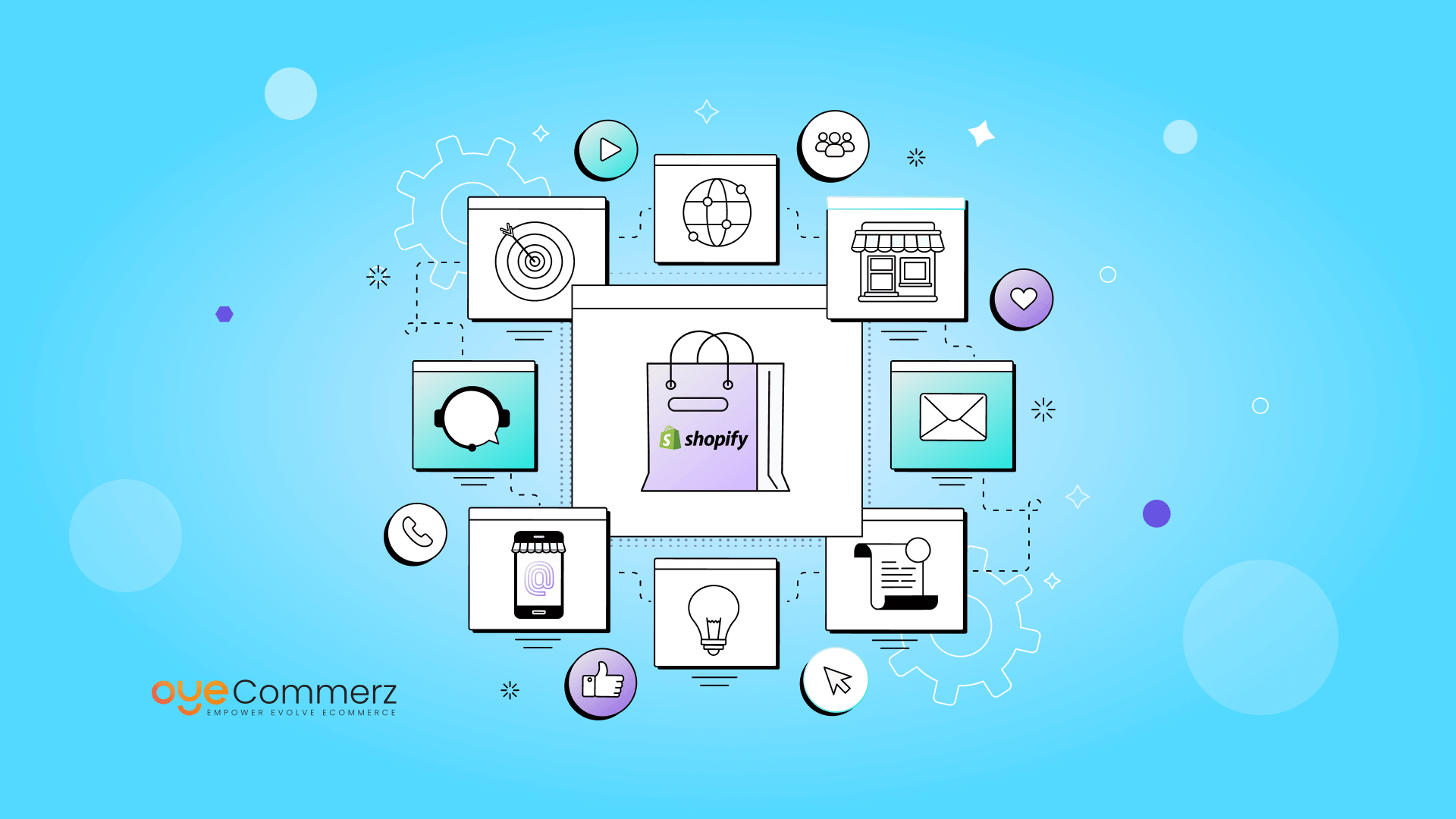Empower Your Online Store: Custom Shopify App Development for Unmatched Store Performance
Empower Your Online Store: Custom Shopify App Development for Unmatched Store Performance
Blog Article
Overview
In today’s competitive e-commerce environment, standing out is essential, and a top method to differentiate a Shopify store is through custom app creation. A robust Shopify app can enhance store capabilities, simplify processes, and elevate customer engagement. This article explores essential elements of Shopify app development, covering API integration and app ecosystem to growth techniques and digital marketing approaches, providing a roadmap for companies seeking superior store performance.
Why Shopify API Integration Matters
Shopify’s API offers robust tools to personalize and extend store capabilities. With the GraphQL and REST API options, developers can access data to create apps that handle inventory management, order processing, and customer data management seamlessly. Using Shopify’s API can lead to better workflow automation and allows stores to serve customers more efficiently.
Utilizing the Polaris Design System
Shopify’s Polaris is Shopify's set of design guidelines for creating intuitive and accessible Shopify apps. By following Polaris guidelines, developers guarantee that apps integrate smoothly within the Shopify Admin experience. This provides a cohesive appearance that appeals to Shopify merchants, promoting ease of use and familiarity for merchants using your custom app.
Navigating the Shopify App Ecosystem
The Shopify app ecosystem offers endless possibilities for enhancing online stores. From managing fulfillment processes to increasing customer interaction, apps in this ecosystem are designed to meet various business needs. Learning about this system helps developers in finding unique app ideas and enables smooth connections of external tools that add value to the store.
Developing Embedded Shopify Apps
Embedded apps work seamlessly within the Shopify Admin, providing a smooth interface for merchants. They ensure that merchants do not need to navigate away from their Shopify control panel, streamlining their workflow. Employing Shopify App Bridge and embedded app capabilities is recommended for providing a cohesive, well-integrated user experience.
Leveraging Node.js and React for Shopify Development
The technologies Node.js and React have become top options for Shopify app development. This server-side framework enables efficient back-end services, while React allows for dynamic, responsive front-end user interfaces. Together, they offer an excellent framework for creating speedy, growth-ready Shopify apps that improve store performance and customer interaction.
Webhooks in Shopify Apps
Webhooks enable instant data updates between Shopify and an outside application. They initiate events such as new orders or stock changes and send instant notifications to your app. By implementing webhooks, apps can provide up-to-date information to store owners, streamlining workflows and increasing productivity.
Customer Engagement and Digital Marketing for Shopify Apps
To make a Shopify app successful, engaging customers is key. Using online marketing techniques like SEO, email marketing, and social media campaigns can drive app adoption. Additionally, designing apps with customer interaction as a focus (e.g., loyalty programs or personalized suggestions) Shopify App Bridge increases user loyalty and loyalty.
Making Your Shopify App Scalable
As e-commerce stores expand, so do their technological needs. Making sure that your app can manage higher usage, larger databases, and more advanced functionalities is essential. By Explore Shopify customization improving server resources and using scalable technologies, you can develop apps that expand in tandem with a store’s growth.
Essential Features and Maintenance for Shopify Apps
For an app to be useful, it should include essential features like user authentication, analytics dashboard, and customer support options. Ongoing app upkeep, with updates to fix bugs and compatibility checks with new Shopify functionalities, is important to ensure continuous operation and avoid interruptions to business processes.
Conclusion
Custom Shopify app development holds vast potential for e-commerce stores, providing the chance to enhance performance, streamline processes, and foster customer loyalty. From integrating APIs to focusing on scalability and customer interaction, building a Shopify app requires thoughtful preparation and well-planned actions. If you’re prepared to elevate your e-commerce experience, a custom Shopify app may be the ideal choice. What capabilities do you envision for your ideal app? Share your thoughts and begin the journey to an optimized e-commerce journey!
 Report this page
Report this page